Middlesex County, Sudbury, Massachusetts, boasts a rich and storied history that spans over three centuries.
From its colonial roots to its role in shaping key events in American history, Sudbury’s past is intricately woven into the fabric of New England heritage.
As one of the oldest towns in Massachusetts, Sudbury has witnessed the trials and triumphs of early settlers, the turbulence of colonial conflicts, and the evolution of industry and culture over time.
Exploring the history of Sudbury provides valuable insights into the challenges and achievements of its residents, illuminating the enduring spirit and resilience of this historic community.
History Of Sudbury Massachusetts
Nestled in Middlesex County, Sudbury, Massachusetts, boasts a rich history dating back to the early colonial era.
Here are some pieces of historical evidence that illuminate Sudbury’s past:
Colonial Settlement
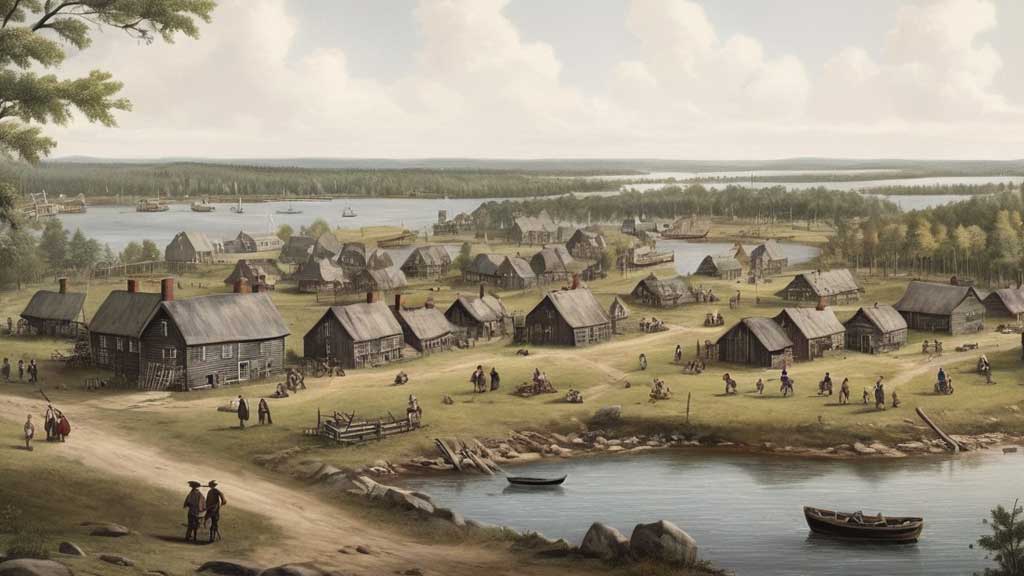
Sudbury was established in 1638 as one of the original towns of the Massachusetts Bay Colony. Founded by settlers seeking religious freedom and economic opportunity, Sudbury quickly became a thriving agricultural community.
Its fertile soil and abundant natural resources attracted farmers, craftsmen, and tradespeople, laying the foundation for the town’s growth and prosperity.
King Philip’s War

Sudbury played a significant role in King Philip’s War, a conflict between Native American tribes and English settlers in the 1670s. The town was the site of several skirmishes and battles, including the infamous Sudbury Fight of 1676.
This bloody conflict resulted in the destruction of homes, farms, and livelihoods, leaving a lasting impact on Sudbury and its residents.
Revolutionary Era
During the Revolutionary War, Sudbury was a hotbed of revolutionary activity and patriotism. The town contributed soldiers to the Continental Army and supported efforts to resist British rule.
Sudbury’s residents played key roles in events such as the Battles of Lexington and Concord, where the “Shot Heard ‘Round the World” ignited the American Revolution.
Grist Mills and Industry
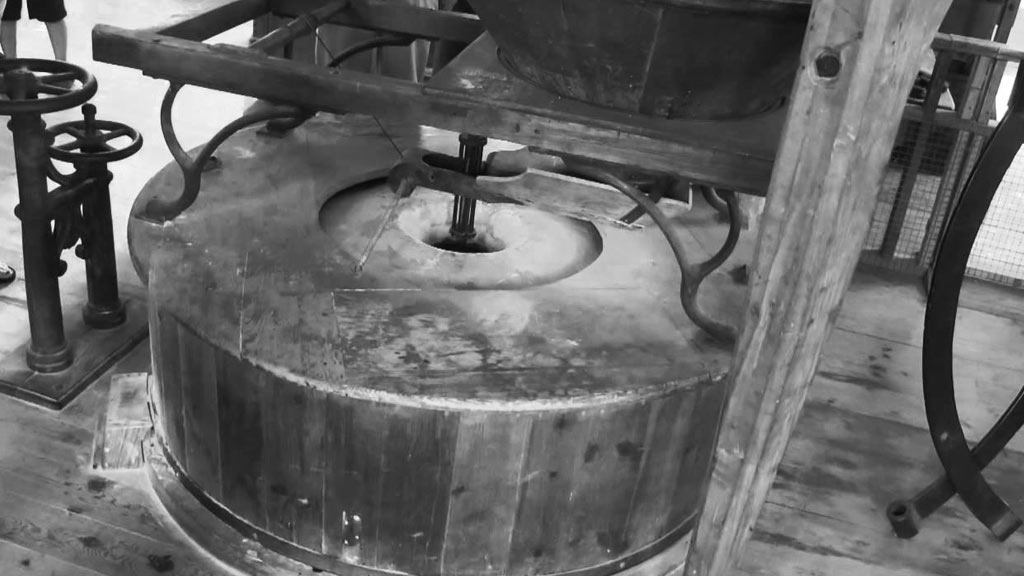
In the 18th and 19th centuries, Sudbury’s waterways powered numerous grist mills and sawmills, driving the town’s economy and industry. These mills processed grain and lumber, providing essential goods for the growing community and surrounding areas.
Sudbury’s industrial heritage is reflected in its historic mill buildings and landmarks, which stand as reminders of the town’s industrial past.
Abolitionist Movement
Sudbury was active in the abolitionist movement of the 19th century, with residents advocating for the end of slavery and the promotion of civil rights.
Abolitionist meetings and rallies were held in the town, drawing attendees from across Massachusetts and beyond. Sudbury’s commitment to social justice and equality continues to be celebrated and honored to this day.
Agricultural Heritage

Throughout its history, Sudbury has been known for its agricultural heritage and commitment to farming. The town’s fertile soil and favorable climate supported a thriving agricultural industry, with farmers cultivating crops such as corn, wheat, and hay.
Sudbury’s agricultural roots are preserved in its open spaces, farmland, and agricultural fairs, which celebrate the town’s farming traditions and rural character.
Preservation Efforts
In recent decades, Sudbury has made concerted efforts to preserve its rich historical heritage. The Sudbury Historical Society and other local organizations work to protect and promote the town’s historic buildings, landmarks, and cultural resources.
These preservation efforts ensure that Sudbury’s history remains alive and accessible to future generations, fostering a sense of pride and appreciation for the town’s storied past.
Witchcraft Trials

Sudbury was not immune to the hysteria of the Salem Witch Trials in nearby Salem. Although no trials took place in Sudbury itself, residents were deeply affected by the accusations and trials of suspected witches.
Several Sudbury residents were accused of witchcraft, leading to fear and suspicion within the community. The trials left a lasting mark on Sudbury and served as a cautionary tale of the dangers of superstition and intolerance.
Role in the Underground Railroad
Sudbury played a role in the Underground Railroad, a network of secret routes and safe houses used by enslaved African Americans to escape to freedom in the North and Canada.
Abolitionist sympathizers in Sudbury provided shelter, food, and assistance to freedom seekers passing through the town on their journey to freedom.
Sudbury’s involvement in the Underground Railroad reflects its commitment to the principles of liberty and justice for all.
Industrial Revolution
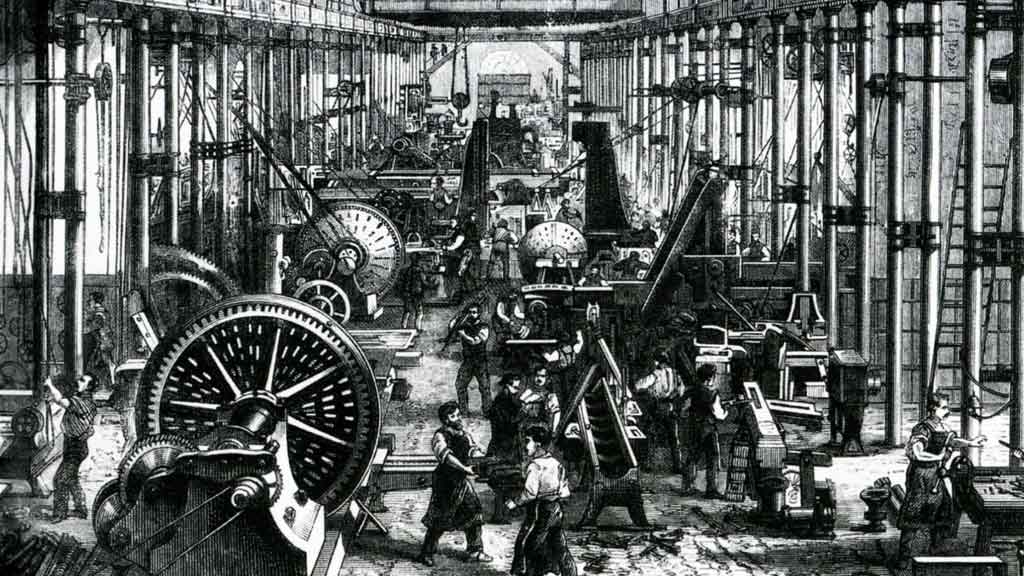
In the 19th century, Sudbury experienced the effects of the Industrial Revolution, which transformed the town’s economy and landscape.
Factories and mills sprang up along the town’s waterways, harnessing the power of steam and machinery to produce goods such as textiles, shoes, and machinery.
The Industrial Revolution brought prosperity and growth to Sudbury but also brought challenges such as labor disputes and environmental pollution.
Educational Legacy
Sudbury has a rich educational legacy dating back to its early colonial days. The town established one of the first public schools in Massachusetts, reflecting its commitment to providing education for all residents.
Over the years, Sudbury’s educational institutions have grown and evolved, including renowned public schools and private academies.
The town’s emphasis on education continues to be a cornerstone of its community values and identity.
Cultural Diversity
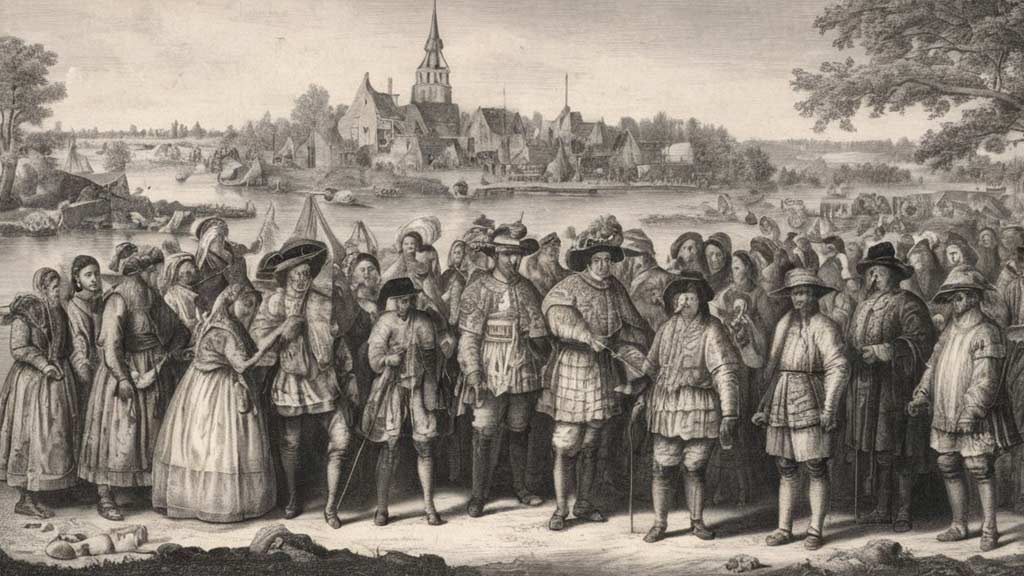
Sudbury’s history is enriched by its cultural diversity, with immigrants from various backgrounds contributing to the town’s growth and development.
Irish, Italian, and Eastern European immigrants settled in Sudbury in the late 19th and early 20th centuries, bringing their traditions, customs, and cuisines to the town.
Today, Sudbury’s diverse population reflects its status as a welcoming and inclusive community, where people of all backgrounds are valued and celebrated.
Preservation of Open Spaces
Sudbury has a long-standing commitment to preserving its natural landscapes and open spaces. The town’s extensive network of parks, conservation areas, and hiking trails offers residents and visitors opportunities for outdoor recreation and enjoyment.
Sudbury’s dedication to conservation reflects its recognition of the importance of protecting the environment and maintaining a high quality of life for future generations.
Modern Development
In recent decades, Sudbury has experienced significant modern development while still maintaining its historic charm and character.
New residential developments, commercial centers, and amenities have been carefully integrated into the town’s landscape, enhancing Sudbury’s appeal as a desirable place to live and work.
Despite its growth and progress, Sudbury remains rooted in its rich history and traditions, ensuring a balance between past and present.
What Is Sudbury MA Famous For?
Sudbury, Massachusetts, is renowned for its rich history, picturesque landscapes, and vibrant community spirit. From its colonial roots to its modern-day amenities, Sudbury offers a diverse array of attractions and activities that appeal to residents and visitors alike.
Here are the things Sudbury is famous for:
Historic Grist Mill
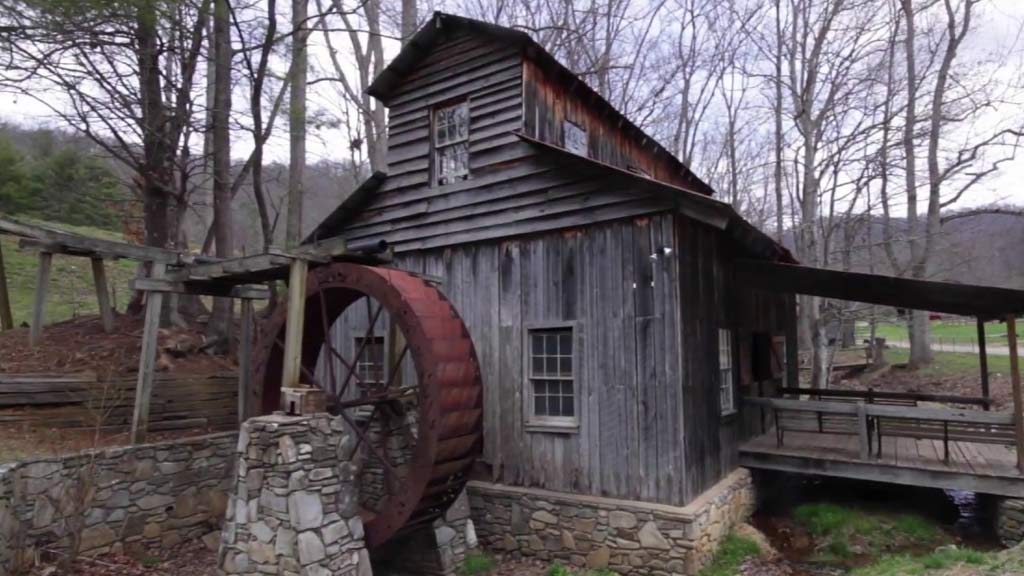
Sudbury’s historic grist mill, located on the banks of the Sudbury River, is a beloved landmark that harkens back to the town’s industrial past.
Dating back to the 17th century, the mill has been meticulously preserved and restored, offering visitors a glimpse into Sudbury’s history of milling and manufacturing.
The mill’s picturesque setting and scenic views make it a popular destination for sightseeing, photography, and educational tours.
Heritage Museums and Gardens
Sudbury’s Heritage Museums and Gardens are a cultural treasure trove, showcasing the town’s rich history and natural beauty.
The museum complex features historic buildings, including the iconic Redstone Schoolhouse and Martha-Mary Chapel, which offer insights into Sudbury’s colonial past.
The gardens, with their lush landscapes and colorful blooms, provide a tranquil setting for visitors to relax and explore. Educational programs, exhibits, and events throughout the year make the Heritage Museums and Gardens a popular destination for families, history buffs, and nature enthusiasts alike.
Wayside Inn
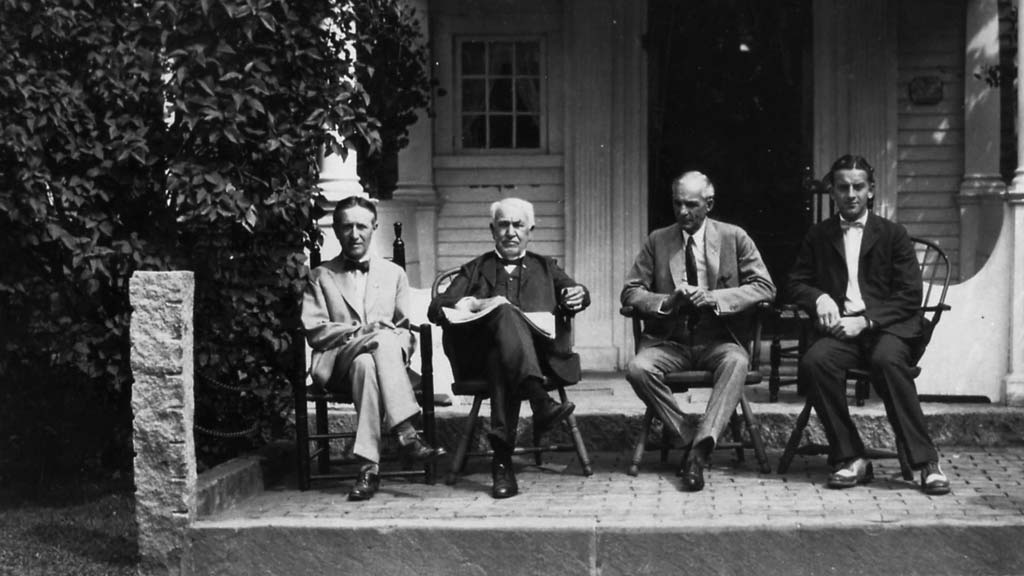
The Wayside Inn, America’s oldest operating inn, is a cherished icon of Sudbury’s hospitality and heritage. Founded in 1716, the inn has welcomed guests for over three centuries, offering a blend of historic charm and modern comforts.
Visitors can explore the inn’s historic rooms, dine in its renowned restaurant, and stroll through its scenic grounds, which include a grist mill, barn, and gardens.
The Wayside Inn is a must-visit destination for history enthusiasts and travelers seeking a taste of old-world New England hospitality.
Longfellow’s Wayside Inn
Sudbury is famous for Longfellow’s Wayside Inn, immortalized in Henry Wadsworth Longfellow’s poem “Tales of a Wayside Inn.” This historic landmark, dating back to 1716, is renowned as the oldest operating inn in the United States.
Set amidst picturesque countryside, Longfellow’s Wayside Inn offers visitors a glimpse into New England’s colonial past. Guests can explore the inn’s charming rooms, dine in its cozy restaurant, and enjoy leisurely strolls through its scenic gardens and grounds.
Sudbury Reservoir
The Sudbury Reservoir, part of the Massachusetts Water Resources Authority’s water supply system, is a scenic oasis nestled amidst Sudbury’s woodlands and wetlands.
Spanning over 2,000 acres, the reservoir offers opportunities for hiking, fishing, birdwatching, and boating in a pristine natural setting. Its tranquil waters and picturesque views attract outdoor enthusiasts seeking respite from the hustle and bustle of city life.
Sudbury Valley Trustees
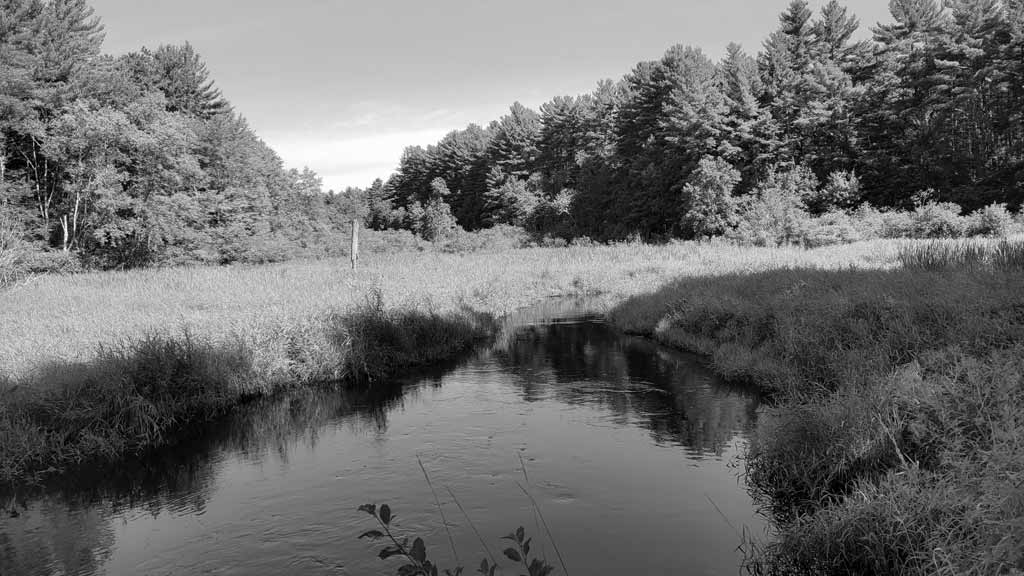
Sudbury Valley Trustees (SVT) is a nonprofit organization dedicated to conserving land and protecting wildlife habitats in Sudbury and neighboring communities.
Founded in 1953, SVT manages over 4,000 acres of conservation land, including forests, meadows, and wetlands.
The organization’s efforts to preserve open spaces, promote environmental education, and engage the community in conservation initiatives have earned Sudbury recognition as a leader in environmental stewardship.
Colonial Architecture
Sudbury is renowned for its well-preserved colonial architecture, with many historic homes and buildings dating back to the 17th and 18th centuries.
The town’s picturesque streets are lined with charming colonial-era houses, barns, and churches, offering a glimpse into New England’s early settlement history.
Sudbury’s colonial architecture adds to the town’s scenic beauty and historic charm, attracting visitors from near and far who appreciate its timeless elegance and character.
Is Sudbury MA A Nice Place To Live?
Sudbury, Massachusetts, is widely regarded as a desirable place to live, offering residents a combination of natural beauty, small-town charm, and modern amenities.
Here are some logical justifications why Sudbury is a nice place to live:
Top-Rated Schools

Sudbury is home to top-rated public schools that consistently rank among the best in Massachusetts.
With dedicated teachers, innovative programs, and a commitment to academic excellence, Sudbury’s schools provide students with a high-quality education that prepares them for success in college and beyond.
Strong Community Spirit
Sudbury boasts a strong sense of community, with residents actively engaged in local events, organizations, and initiatives.
From neighborhood gatherings to town-wide celebrations, Sudbury’s tight-knit community fosters connections and camaraderie among its residents, creating a welcoming and inclusive atmosphere.
Scenic Landscapes
Sudbury’s scenic landscapes, including lush forests, tranquil lakes, and meandering rivers, offer residents ample opportunities for outdoor recreation and relaxation.
Whether hiking along wooded trails, kayaking on the Sudbury River, or picnicking in one of the town’s many parks, Sudbury’s natural beauty provides a peaceful retreat from the hustle and bustle of city life.
Historic Charm
Sudbury’s rich history is evident in its well-preserved colonial architecture, historic landmarks, and quaint village center.
From centuries-old homes to iconic landmarks like Longfellow’s Wayside Inn, Sudbury’s historic charm adds to the town’s character and appeal, inviting residents to step back in time and explore its storied past.
Convenient Location
Situated just 20 miles west of Boston, Sudbury offers residents the best of both worlds a tranquil suburban setting with easy access to the amenities and cultural attractions of the city.
Commuters appreciate Sudbury’s convenient location near major highways and commuter rail stations, making it easy to travel to Boston and other nearby cities for work or leisure.
Family-Friendly Environment
Sudbury’s family-friendly environment makes it an ideal place to raise children. With safe neighborhoods, excellent schools, and abundant recreational opportunities, Sudbury offers families a supportive and nurturing environment where children can thrive and families can create lasting memories together.
Commitment to Conservation
Sudbury’s commitment to conservation and environmental stewardship is evident in its extensive network of parks, conservation areas, and hiking trails.
Residents value Sudbury’s natural beauty and work together to preserve and protect the town’s green spaces for future generations to enjoy. The town’s dedication to conservation enhances its quality of life and reinforces its reputation as a desirable place to live.
Conclusion
The history of Sudbury, Massachusetts, is a testament to the town’s enduring legacy and cultural significance.
From its humble beginnings as a colonial settlement to its vibrant present-day community, Sudbury’s history reflects the resilience and spirit of its residents.
By preserving and honoring its rich heritage, Sudbury ensures that future generations will continue to appreciate and learn from the town’s storied past.
As Sudbury continues to evolve and grow, its history remains a source of pride and inspiration, shaping the identity of this beloved New England town for generations to come.
Jaclyn Lowe